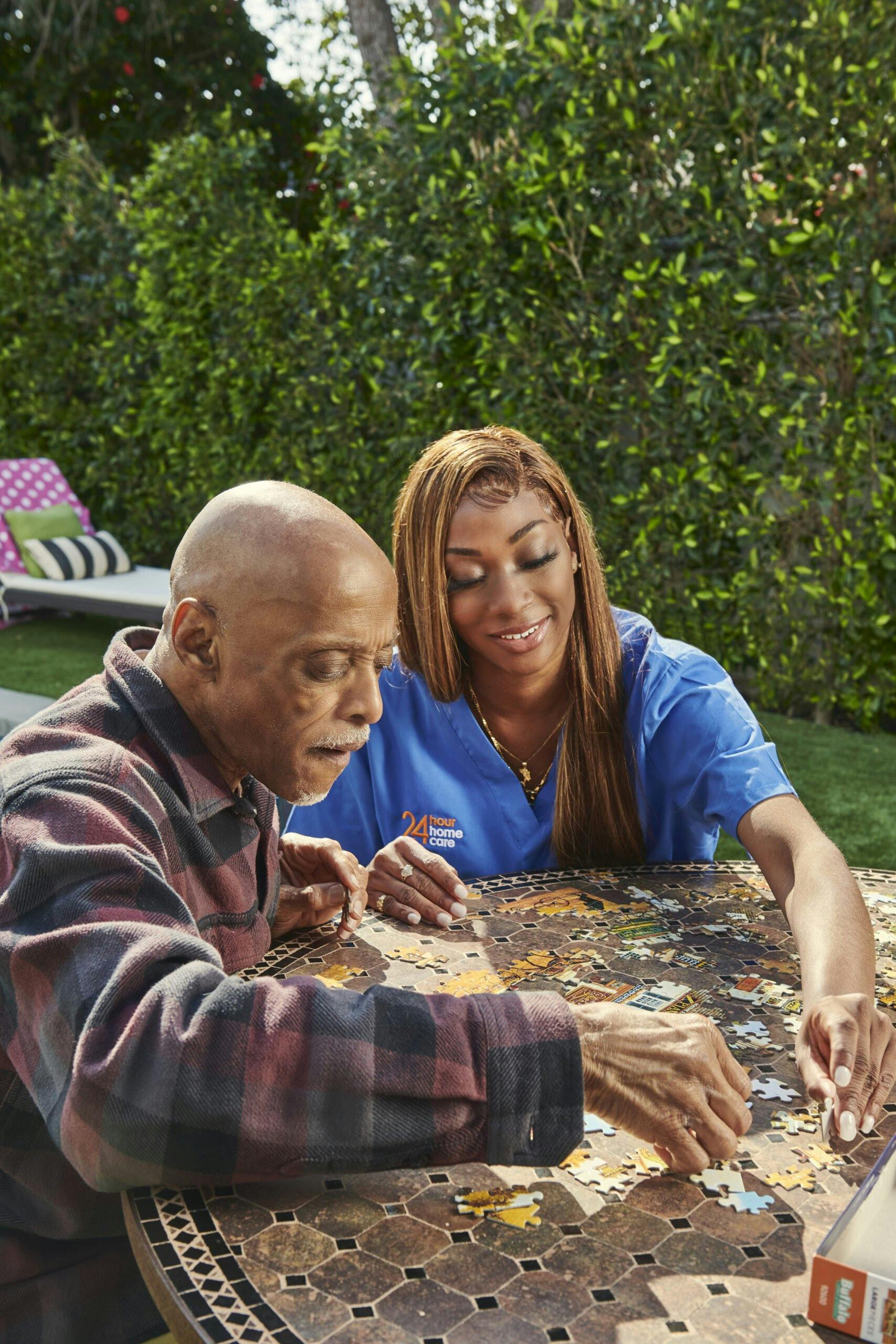Family Caregiving: How Does It Affect You?

Family caregiving depends on relatives, friends and even neighbors working hard to ensure an individual’s utmost well-being.

If the person in question is a loved one of yours, navigating the family caregiving process can be mentally and emotionally taxing. It can be hard to accept the fact that your loved one requires assistance on a day-to-day basis and reconciling with the associated emotions and feelings. It’s important that, when taking on the responsibilities of a family caregiver, you ensure you’re not sacrificing your own personal well-being while offering help. Quality family caregiving is only possible through the support and loving of everyone involved, so remaining in high spirits and knowing how to properly handle caregiver responsibilities is of the utmost importance. Learn more about family caregiving and how to approach it to ensure everyone’s best interests are being considered.
What is Family Caregiving?
Serving as the backbone of our country’s long-term care system, family caregiving relies on the assistance of caring individuals who wish to help a loved one remain in their home while still receiving the care they need. Just this past January, Congress passed the Family Caregiver Act, or the RAISE Family Caregivers Act, which sought to establish a national strategy to provide family caregivers with the support they so desperately need. Our legislators were aware of the importance family caregivers played in our care system here in the U.S. and wanted to implement measures that provided them with resources and information that could allow them to provide care without losing control over their own lives. Caregivers come in many forms, from friendly neighbors to close relatives, all of whom are vital in helping elders or adults with disabilities maintain a good quality of life.

The Challenges That Come with Family Caregiving
As a family caregiver, you’ll likely be faced with many obstacles and challenges that will take a toll on you mentally, emotionally and physically. Looking after a loved one and ensuring they’re getting the care they need will result in you having less time to focus on yourself. Providing care for a loved one is bittersweet, as we all want our parents to live long, happy lives, but that often means giving up aspects of our own lives to make that a possibility. Some additional challenges that come with family caregiving include:
- Elevated levels of stress/anxiety
- Strained relationships with others
- Loss of sleep/personal time
- Inability to remain focused
- Familial tension
- Worsening health
These are just some of the ways that caring for a loved one can have a negative effect on your life. The importance of taking time to check in on yourself and giving yourself time to recharge cannot be understated. While you’ll feel inclined to prioritize the well-being of the person you’re caring for above all else, quality care is only possible when you’re taking care of yourself.
How to Properly Provide Family Care
As a family caregiver, you need to work diligently to prepare yourself for the responsibilities and emotions that will arise as a result of your service. First and foremost, you should know that the weight of caring for your loved one shouldn’t solely fall on your shoulders. Work with relatives, friends and doctors who can help determine the best course of action when it comes to providing proper care. An accurate diagnosis of the individual’s condition will greatly help you know how to approach the caring process. Next, you need to prepare yourself mentally for the toll caregiving will likely take on your body and mind. Accept the fact that things can’t always be perfect and prepare yourself for the difficult road ahead. Depression often develops in long-term caregivers due to feelings of helplessness and isolation, so learning how to ask for help when you need it and setting realistic expectations positions you for success in your role as a caregiver. Some other helpful tips and tricks as a family caregiver include:
- Learning more about your loved one’s disease/condition
- Giving yourself time to recharge and reflect
- Recognize your strengths and weaknesses as a caregiver
- Keeping an eye on your finances
- Eating healthy and exercising when possible
Caregiver Responsibilities
Depending on your loved one’s personal circumstances, the ways in which you assist them on a day-to-day basis will vary. Family caring for family members is difficult due to your close relationship with the person you’re caring for. In essence, your job is to help the individual with difficult or dangerous tasks while still allowing them to maintain some semblance of independence. This can be challenging, as loved ones will often reject your assistance in fear of relying too heavily on others. Over time, you’ll learn how to tailor your caregiving skills to the individual needs of your loved one, making sure they know you’re coming from a place of love and compassion. Common caregiver responsibilities include:

- Arranging medical appointments
- Providing transportation when needed
- Buying groceries and assisting with eating
- Helping perform medical interventions (breathing tubes, injections, etc.)
- Being a friendly companion
Finding the time to accomplish these tasks for your loved one while trying to accomplish the same things for yourself and your own family can seem like a daunting task. Never hesitate to call on others, whether it’s friends, relatives or trained specialists who can help you develop as a caregiver. Learning how to navigate this new role requires you to be open-minded and remain positive. Taking care of someone else to the best of your ability first requires you to take care of yourself.
